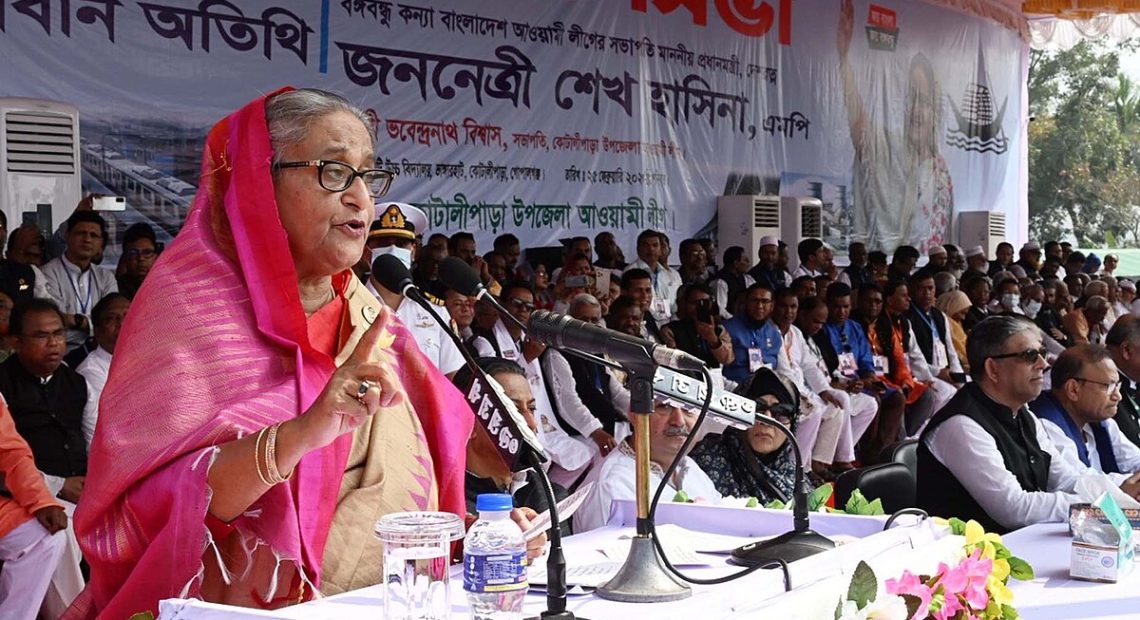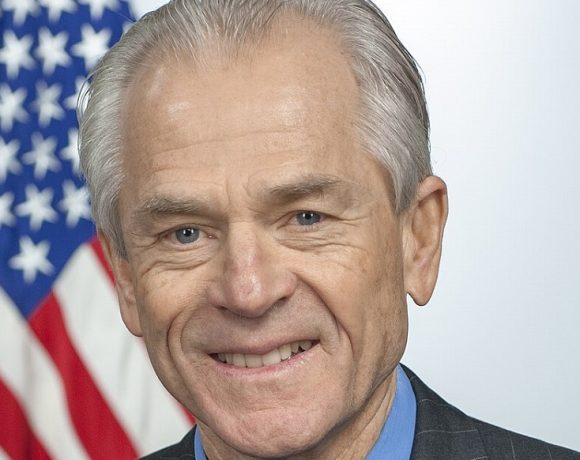
UN Report Highlights Human Rights Violations Against Bangladesh’s Hindu Minority
A recent report by the United Nations has brought to light severe human rights violations inflicted upon Bangladesh’s Hindu, Ahmadiyya Muslim, and indigenous communities during the anti-discrimination protests of 2024. The findings implicate the former government, security forces, and associated groups in systematic abuses that may constitute crimes against humanity.
Widespread Attacks on Hindu Communities
The report documents extensive attacks on Hindu residences, businesses, and places of worship, particularly in regions such as Thakurgaon, Lalmonirhat, Dinajpur, Sylhet, Khulna, and Rangpur. These areas, often perceived as supportive of the Awami League, witnessed heightened violence, with Hindus stereotypically linked to this political faction. The destruction was notably severe in rural locales with historical tensions.
Scale of Violence and Casualties
Between July 1 and August 15, 2024, the unrest led to an estimated 1,400 deaths and thousands of injuries, predominantly resulting from actions by Bangladesh’s security forces. The UN Human Rights Office reported numerous extrajudicial killings, arbitrary arrests, detentions, and instances of torture during this period. Despite approximately 100 arrests related to attacks on religious and indigenous groups, many perpetrators remain unpunished, perpetuating a climate of impunity.
Systematic Human Rights Violations
The investigation revealed that the former government, along with security and intelligence agencies and elements associated with the Awami League, systematically committed serious human rights violations during the student-led protests. These actions were part of a deliberate strategy to maintain power amid widespread opposition. The UN Human Rights chief, Volker Turk, described the response as a “calculated and well-coordinated strategy” by the Hasina government to retain power amid mass opposition. He emphasized that “hundreds of extrajudicial killings, arbitrary arrests, detentions, and torture” were carried out with the political leadership’s knowledge and coordination.
Calls for Accountability and Reform
The report underscores the need for comprehensive reforms in Bangladesh’s security and justice sectors. It urges the interim government to ensure accountability for violent crimes targeting Awami League supporters, police officers, and members of distinct religious and indigenous groups. Suhas Chakma, Director of the Rights and Risks Analysis Group (RRAG), criticized the report for not identifying individual officers responsible for the violence, noting the limitations imposed by the interim government’s restricted investigation period.
This UN report validates longstanding concerns about targeted attacks on Hindus and other minority communities in Bangladesh. It calls for immediate action to address these violations and to protect the rights and safety of all citizens, regardless of their religious or ethnic backgrounds.


















